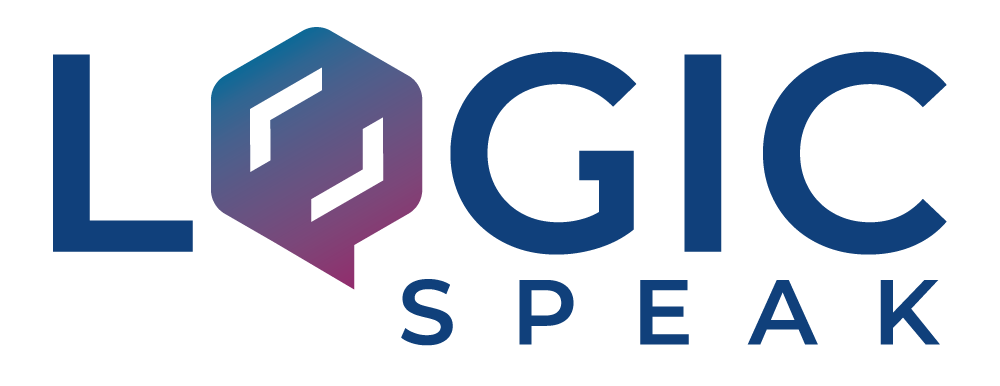Cyberattacks and other network security threats aren’t simply issues for the Amazons and IBMs of the world — they happen just as often with small and mid-sized businesses as they do with larger corporations.
Any network is a potential target for cybercriminals, and properly understanding any weaknesses in your system will keep your business running smoothly while keeping internal information safe. In this guide, we will detail common risk factors that put a network at risk, and offer ways that you can secure your system with Logic Speak.
Is your IT at risk?
It is good practice to perform an internal audit of your network security to make sure that you aren’t exposing yourself or your business to cyberattacks. A few common system deficiencies include:
- Passwords: Do you use a unique, hard-to-guess password for each individual account you have access to, or do you frequently re-use passwords? If you answered the latter, it’s time to update your password protocol. It is important to use different passwords in the event one of them is compromised in a cyberattack or data breach, and making them as complex as possible is key. Use at least eight characters that are a mix of upper and lowercase letters, numbers and special keys to make unique, hard-to-guess passwords.
- Software: Is all of your software up to date? Not just on your phone or your computer, but across your entire IT system? A common way for cybercriminals to hack their way into a network is by exploiting bugs and other weaknesses that are found in outdated software. So make sure to update all electronics in your system, even often-overlooked equipment such as modems and routers.
- External emails: Now more than ever, scammers and other cybercriminals are attempting to get confidential data and information through email messages, commonly known as “phishing.” Phishing is the process of a hacker posing as an important employee, such as a manager or CEO, in an attempt to get personal information and passwords from unsuspecting employees. A rule of thumb is to never open an email from an address you don’t recognize, and never send or reveal secure information.
Stay Connected!
Get the latest IT trends and best practices in your inbox.
How to secure your IT system
Now that we have highlighted a few areas in which networks can be deficient, let’s dive into some strategies you can take to ensure the safety of your passwords and confidential information.
Always be vigilant
Constant monitoring and maintenance of your IT network is key to staying ahead of problems and deficiencies before they become enticing opportunities for cybercriminals. That being said, staying up to date with all of your equipment such as laptops, servers, storage areas and cloud systems can be near impossible. To clear your plate while keeping your mind at ease, enlist a service like Logic Speak to give you worry-free IT — so you can get back to business.
Install proper updates and antivirus software
As we highlighted above, lagging behind on software updates can make your network a prime target for hackers. Old, outdated software contains opportunities for back-door exploitations that cybercriminals can access to gather your personal information, so making sure your IT is up to date is crucial.
Additionally, installing antivirus software and other forms of malware protection can have just as much of an impact. As with outdated software, hackers can use viruses and malware to trick their way into a system and gather confidential information. Keeping this antivirus software up to date can also make a big difference.
Make sure your Wi-Fi network is secure
So far we have highlighted the ways to secure your individual devices, but you should be mindful of the security of your network itself.
Unsecured or easy-to-access Wi-Fi connections can be golden opportunities for hackers to exploit any device that is currently using that network. Just as with your individual passwords, make sure that your Wi-Fi password is unique and secure to keep you safe from any potential cyberthreats.
At the end of the day, the security of your IT system is one of the most important things for a business to focus on. Improper security can result in a number of problems such as stolen passwords, confidential information and even company funds.
That being said, staying up to date with all of your equipment on your network — and the network itself — can be near impossible for a small to mid-sized business to do. We highly recommended a layered approach to your security to increase your overall security posture. Check out our Security Tools package that offers a mix of tactics Security+ – IT Support for Small Businesses in Atlanta (logicspeak.com). Many of these tools are actually now requried to qualify for your insurance plans.


Recent Comments